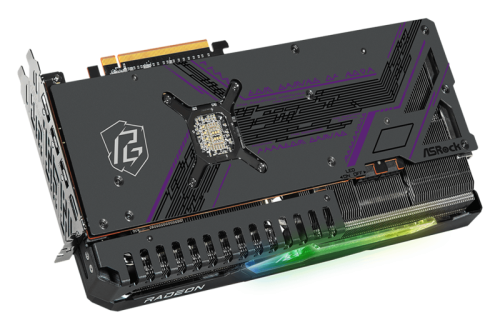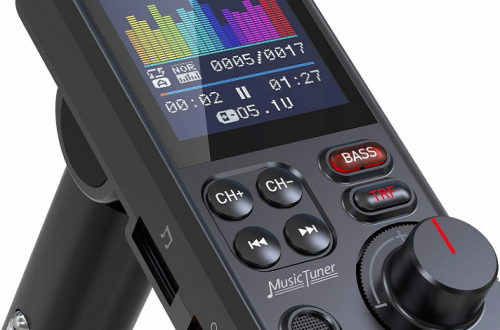Part 1: Understanding the Legal Meaning of In Camera
In legal proceedings, you may come across the term “in camera.” It is essential to understand the legal meaning of this term to grasp its implications fully. In this article, we will delve into the concept of in camera proceedings and explore two key points related to its legal significance.
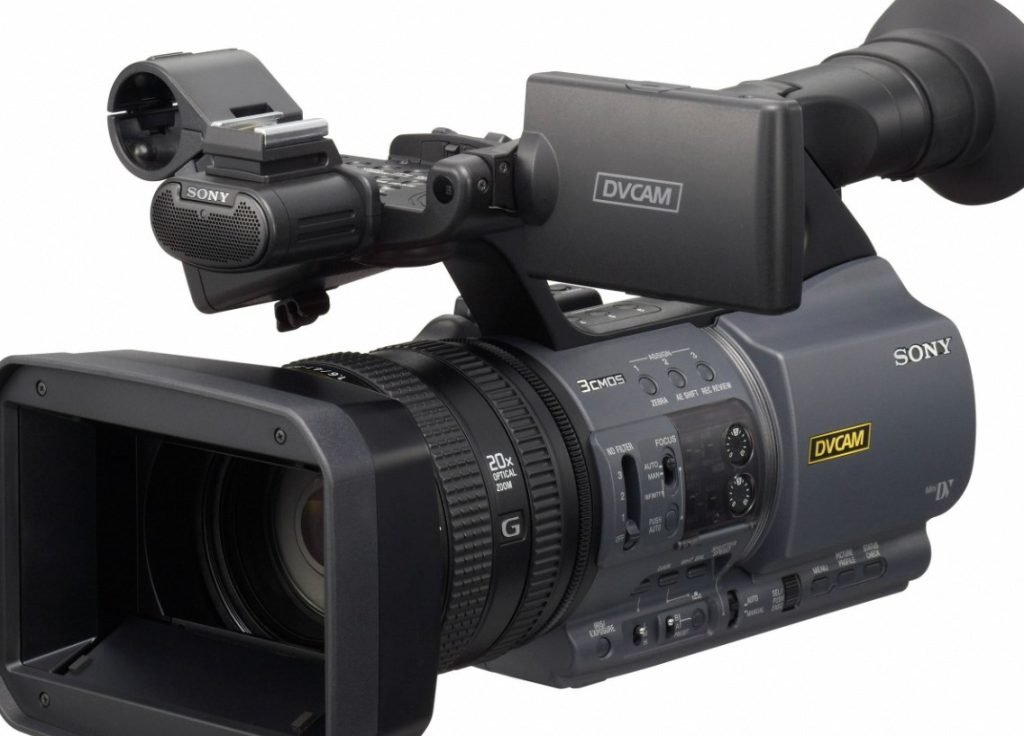
Point 1: Confidentiality of Proceedings
The term “in camera” is used to describe court proceedings or hearings that take place in private, with only the judge, parties involved, and their legal representatives present. The primary purpose of these proceedings is to ensure confidentiality and protect sensitive information.
In camera proceedings are commonly utilized in cases that involve sensitive or classified information. For example, in matters related to national security, the court may opt for in camera hearings to prevent the public disclosure of information that could jeopardize the country’s security. Similarly, in child custody disputes, the privacy of the parties involved is prioritized through in camera proceedings to safeguard the best interests of the child. Cases involving trade secrets may also require in camera hearings to maintain the confidentiality of proprietary information.
By conducting proceedings in camera, the court can create a secure environment where sensitive information can be discussed without the risk of public exposure. This approach ensures that the privacy of the parties involved is respected and that the integrity of the legal process is upheld.
Point 2: Limited Access to Information
Another crucial aspect of in camera proceedings is the limited access to information. Unlike open court hearings where the public and media may have access, in camera proceedings restrict access to the details of the case. This is done to safeguard the privacy of parties involved and prevent public disclosure of sensitive information. Only those directly involved in the case, such as the attorneys and parties, have access to the proceedings and the information discussed.
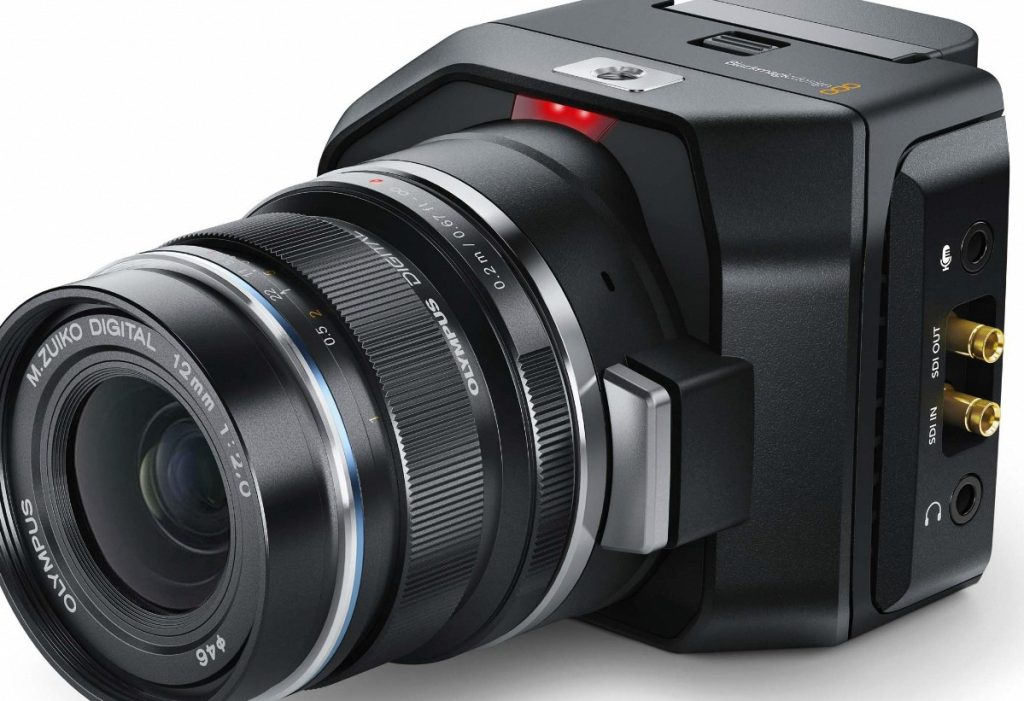
Part 2: Reasons for In Camera Proceedings
There are various reasons why a court may opt for in camera proceedings. Let’s explore two significant factors that contribute to the decision of holding a private hearing.
Point 1: Protection of Sensitive Information
Proceedings conducted in camera often serve to protect sensitive information. In cases involving classified or confidential data, public disclosure could have severe consequences. For instance, it could harm national security, compromise trade secrets, or jeopardize the well-being of individuals involved.
In camera proceedings offer a secure and controlled environment for discussing and presenting such sensitive information. By limiting access to the proceedings, the court minimizes the risk of public exposure. This action ensures the maintenance of confidentiality, preventing potential harm or negative consequences associated with the information.
The private nature of in camera proceedings allows for a more open discussion of sensitive matters. Parties can freely share information without fear of public scrutiny, allowing for a more comprehensive exploration of the issues at hand. This promotes a deeper understanding of the case, facilitating the pursuit of justice while simultaneously safeguarding sensitive information from reaching unauthorized individuals or entities.
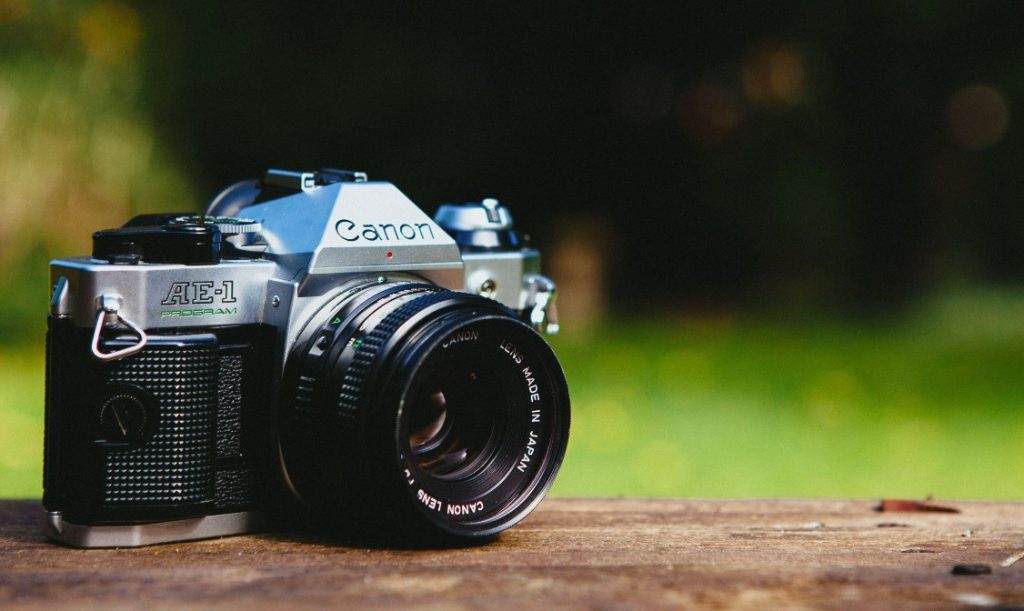
Point 2: Safeguarding Privacy
In some cases, privacy concerns necessitate in camera proceedings. For instance, in family law matters like child custody disputes or cases involving victims of sexual assault, the court may opt for in camera hearings to protect the privacy and well-being of those involved. By holding private hearings, the court can ensure the dignity and privacy of the parties concerned. This is achieved by preventing the exposure of sensitive personal details to the public.
Part 3: Legal Implications of In Camera Proceedings
In camera proceedings have legal implications that affect the rights and procedures of the parties involved. Let’s explore two key legal implications associated with this type of hearing.
Point 1: Limited Public Scrutiny
One of the legal implications of in camera proceedings is the limited public scrutiny. As these proceedings are held in private, they are not subject to public observation or scrutiny. This lack of transparency can raise concerns about accountability and the ability to hold proceedings to a fair standard. However, one should note that the decision to hold in camera proceedings is based on the specific circumstances of the case and the necessity for privacy or protection of sensitive information.
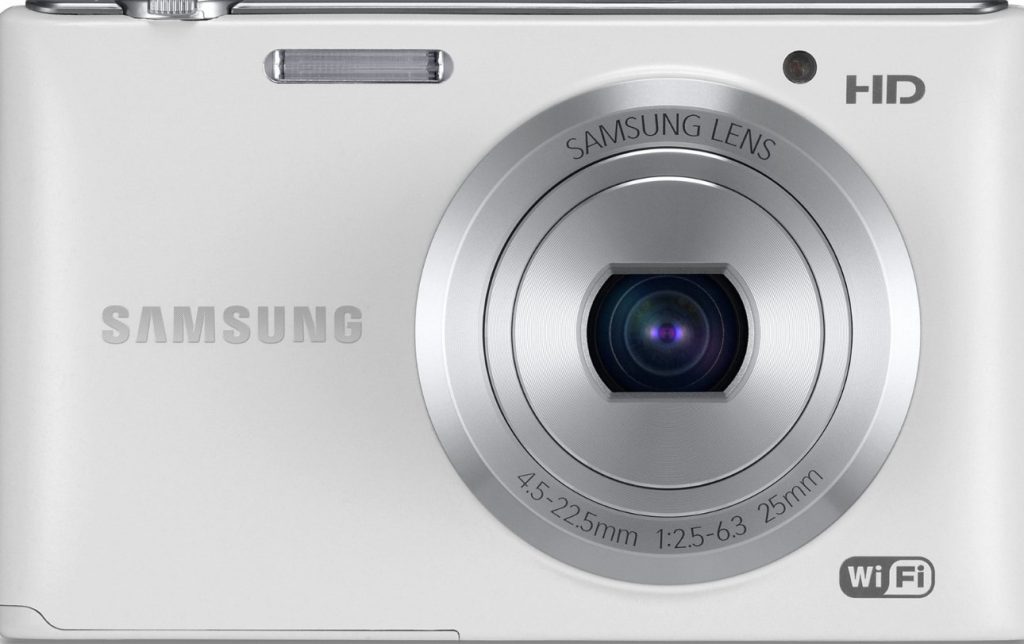
Point 2: Balancing Rights and Interests
In camera proceedings involve a delicate balancing act between the right to privacy and the right to a fair trial. While protecting privacy is important, it is crucial to ensure that parties have a fair opportunity to present their case and that the court considers relevant evidence. Courts must carefully evaluate the need for privacy against the potential impact on transparency and fairness. This requires judges to exercise discretion and weigh the interests of all parties involved in order to strike an appropriate balance.
Part 4: Exceptions and Challenges in In Camera Proceedings
While in camera proceedings serve specific purposes, there are exceptions and challenges associated with this approach. Let’s explore two important aspects related to exceptions and challenges.
Point 1: Limited Exceptions to Open Court Principle
The open court principle is a fundamental aspect of the legal system, ensuring transparency and public scrutiny. In camera proceedings deviate from this principle, emphasizing the need for confidentiality and privacy. However, it is important to note that in most legal systems, the default preference is for open court proceedings. In camera proceedings are the exception and are only applied when there is a compelling reason to deviate from the open court principle.
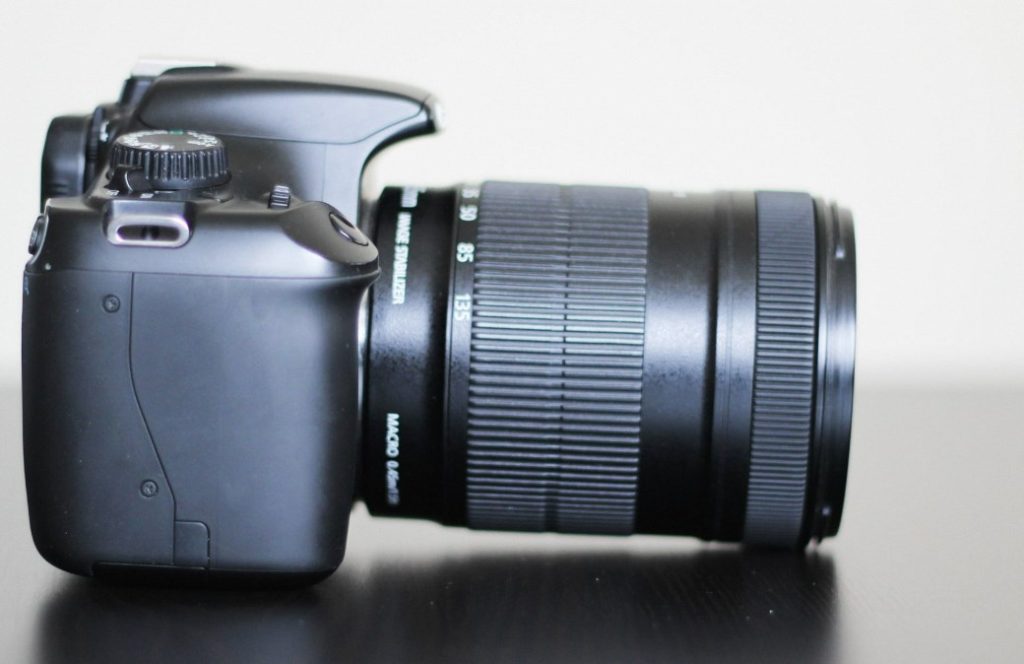
Point 2: Ensuring Fairness and Due Process
One of the challenges in in camera proceedings is ensuring fairness and due process. The need for privacy and protection of confidential information is crucial. However, it should not undermine the right to a fair trial. Courts must navigate this challenge carefully. Procedural safeguards can help achieve this balance. The court should allow affected parties to challenge the decision for an in camera hearing. Furthermore, it is the court’s responsibility to ensure the presentation and consideration of relevant evidence in the proceedings. By implementing these safeguards, the court can uphold both privacy and fairness in the legal process.
Conclusion
Understanding the legal meaning of in camera proceedings is crucial to comprehend its implications and significance. Courts hold these private hearings to maintain confidentiality, protect sensitive information, and safeguard privacy. Although in camera proceedings deviate from the open court principle, they are exceptions that courts employ in specific cases. Balancing the right to privacy with the right to a fair trial is crucial. Procedural safeguards must be in place to achieve this balance. When we explore the legal meaning of in camera and its related concepts, we gain valuable insight. This helps us understand the complexities and considerations involved in the legal system.
